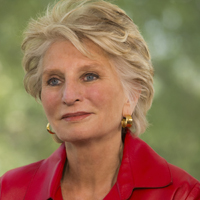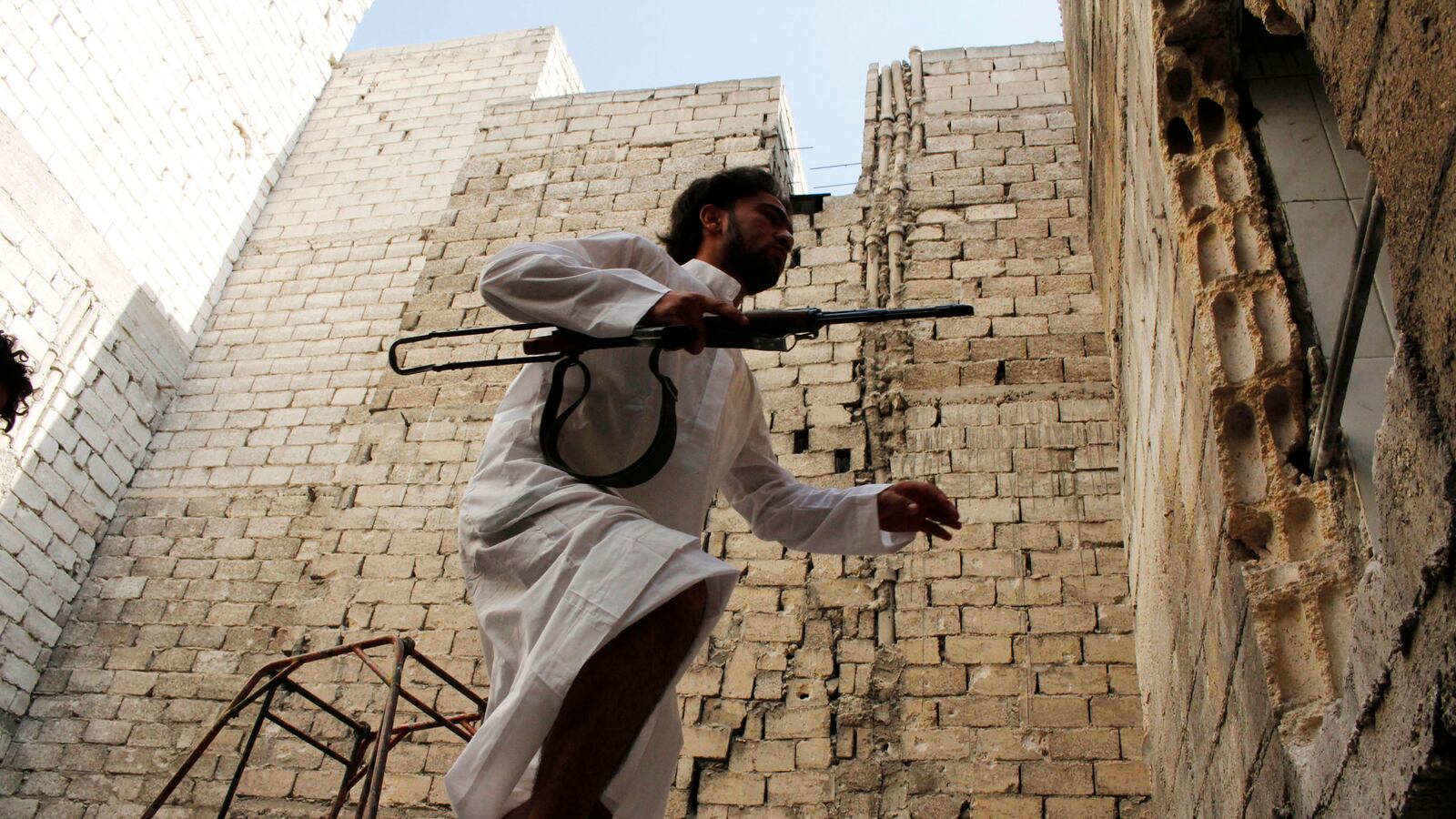Sometime in the next several weeks, we will find out what Congress thinks the U.S. should do about Syria. That lack of detail—when, what they will decide, and precisely how—enrages a lot of the foreign-policy elite, who believe President Obama has defaulted or, worse, abdicated his responsibility as commander in chief. I disagree.

The path to a congressional debate was unsettling, but the debate is providing a global civics lesson of how a mature democracy works. All points of view are being aired and heard. Responses are respectful and, whatever the result, there will be no rifle fire in the streets. I am very proud of my country.
But this is about more than just what makes a functioning democracy. Deciding what to do about Syria isn’t easy. There is no consensus in Washington or the country on how to react to the news that Syria used chemical weapons on its own people. There is no consensus within either party, let alone between them. There is no consensus internationally and no consensus even among the experts.
Since the 9/11 attacks, our foreign policy has been predicated on a bargain that we all stood together in the face of an appalling threat from terrorism, and that we ceded decision-making power to the president and the Executive Branch because of that threat. But the decade-plus in Iraq and Afghanistan and the human loss in addition to billions of dollars spent and misspent have generated critical voices inside Congress and around the country demanding more input and more transparency.
While in Congress, I careful reviewed the intel on Iraq and voted yes. When it turned out to be wrong, I said, “It was wrong and I was wrong.” This time around, it’s only right and proper that we have a different process and a different approach to the problem.
Letting light and reasoned dissent into the process is also part of the answer to the threat posed by terrorism—which still exists, even if it’s franchised, regionalized, and increasingly self-radicalized. We should be thinking about the narrative we present in the conflict against the heirs of Osama bin Laden: not just a story of overwhelming might, but also one of overwhelming right. We have the higher ground in this conflict. Having a democratic process—and the tolerance for differing opinions—is one reason why.
I was one of the leaders in the successful effort to reorganize the intel community when I was in the House, and I have carried on that effort at the Wilson Center. We need to rethink our use of military force, including the Authorization for Military Force that underlies the war on terror. We need to rethink our use of intelligence, because we need more transparency and more checks and balances in a post-9/11 era. We need to put more emphasis on telling our own story, because in the end that’s our best weapon against those who would attempt to challenge us.
British writer E.M. Forster said: “Two Cheers for Democracy: one because it admits variety and two because it permits criticism. Two cheers are quite enough: there is no occasion to give it three.”
Two cheers are enough for me. In the end, I believe Congress will do the right thing—the intel on Syria is solid—and endorse the limited use of military force to deter and degrade Syria’s morally obscene chemical-weapons program.





